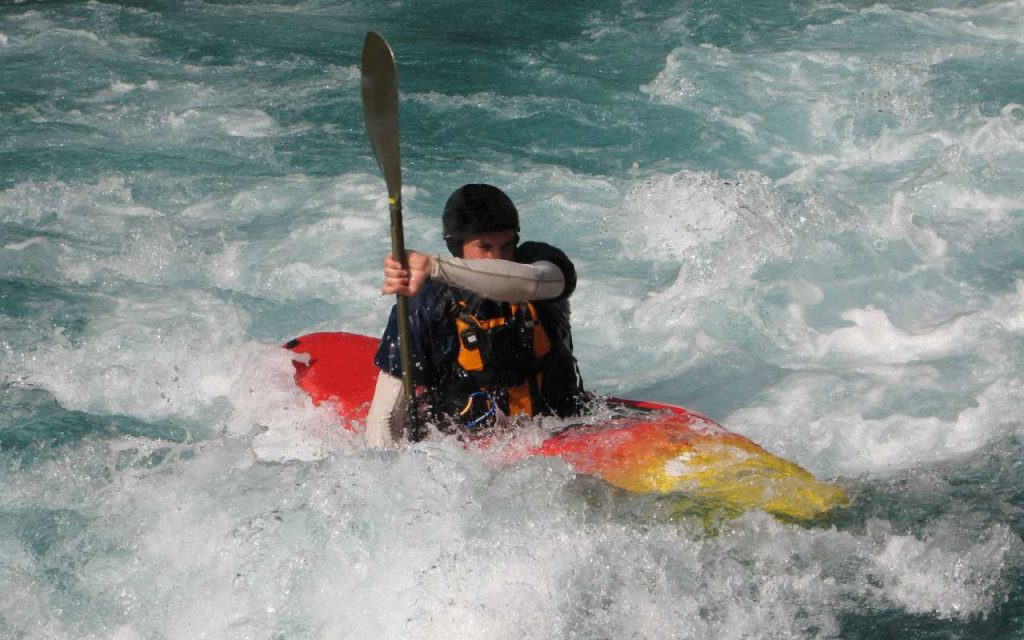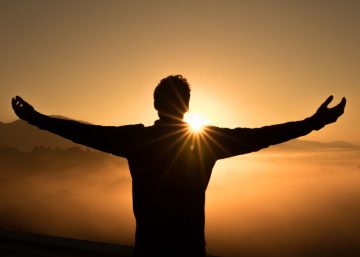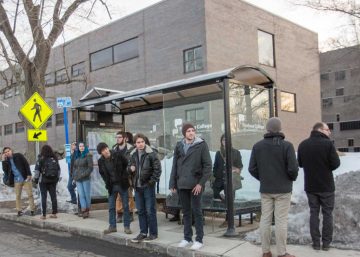What do we do when we don’t know what to do? This was the theme of the recent COS conference at Noordwijk. It reminded me of a short YouTube video about the famous piano player Maria Joao Pires. In this video, you can observe clearly what happens if you don’t know what to do. The fear and stress are directly noticeable on Pires’ face when she discovers that she has brought the wrong piece of music to play at the lunch concert. What should she do? The conductor, Ricardo Chailly, had already started with the intro. Then the miracle happened. With a few words, Chailly comforted her and gave her the support she could do it. It was also the encouraging look he gave her. Pires is a gifted piano player with a fabulous memory. She was able to pull herself together and started to play her part when the moment was there (please see Maria Joao Pires- expecting another Mozart concerto during a lunch concert).
Our primary reflex in this kind of situation is to act as if we don’t know what to do. If there is something is wrong, we need to fix it. We should try to suppress this reflex for a little while and step back. First observe what is going on. What can we learn from it, and what would we like to happen? If we have an idea about what we would like to happen, it is much easier to come up with the right steps to make it real.
This can, however, have a downside. Some people hang on too long to this phase of introspection. At a certain point, they have an idea about their preferred future, but then indecision takes over, and in the end, nothing happens. Movement and acting can help people move forward, and it helps them to stop worrying.

During three full days with consultants, trainers and coaches from all over the world, we explored, examined and investigated the almost philosophical question: What do we do when we don’t know what to do. I participated in group discussions, one-on-one talks, and I even performed! The meetings inspired me to help my clients even better in the future.
One of the emerging topics that came out of the meetings was that in times of uncertainty, there is a basic human need for contact. People are social creatures, and want to communicate with others. Narratives and storytelling shape our interactions and experiences with others.
Through the discussions at the conference, it became apparent that some participants were extremely uncertain about the future of their countries. For example, some people were divided into groups for or against independence, for or against a president, etc. What I learned from our discussions is that everything is not simply black and white. We all fill in the details by what we know, since our reality is colored by the news that each of us reads or hears. Through listening and acting, one can experience reality from another perspective.
So if you don’t know what to do, take a rest and think about your options before you act. And preferably, try to find somebody you trust. Like Pires did with Chailly. He gave her the confidence that she could do it.



